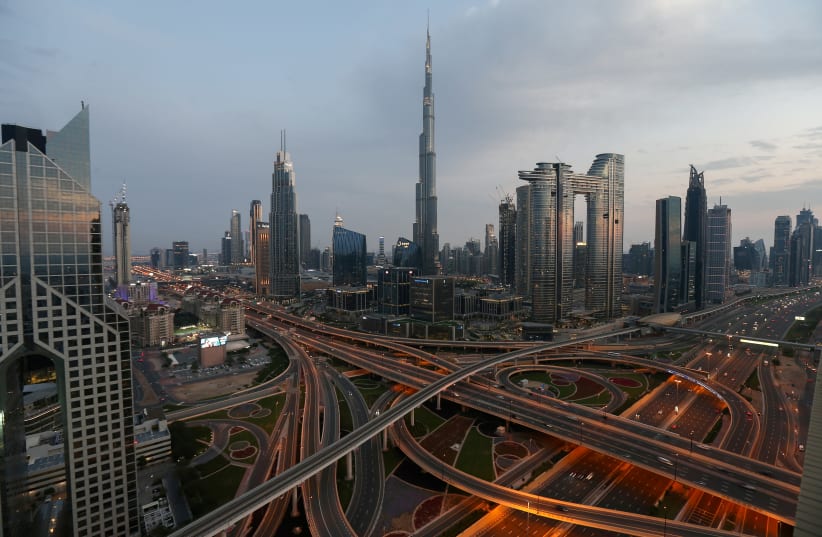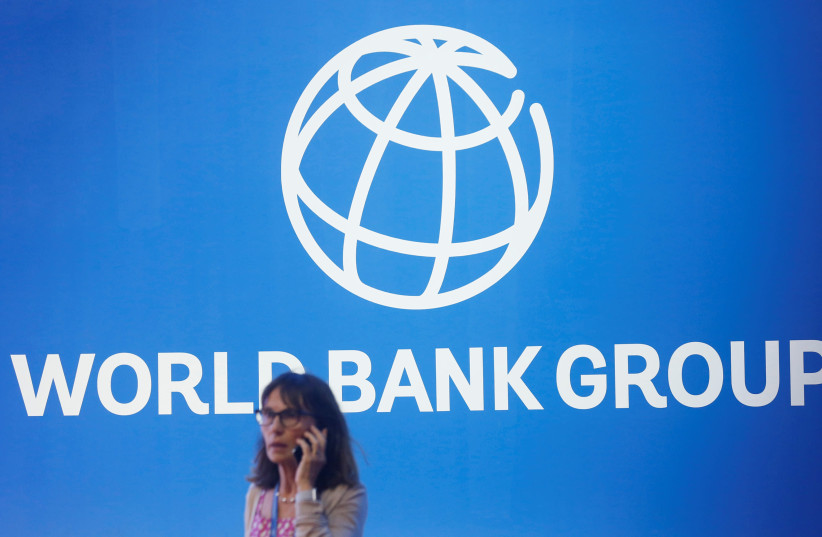The majority of CEOs of the largest businesses in the UAE remain confident in the resurgent domestic economy, with their optimism reaching pre-pandemic levels.
Compared with their counterparts elsewhere, CEOs in the UAE are strongly bullish on the growth prospects of the second-largest Arab economy.
A survey by KPMG found that 92 per cent of CEOs in the UAE, who took part in the process, are upbeat about the growth of the economy compared with 82 per cent of their global counterparts.
Similarly, 88 per cent of local business leaders are optimistic about their company's growth, according to KPMG's 2021 CEO Outlook—UAE report.
The findings of the KPMG survey align with a series of recent research data that underscore the speedy recovery the UAE economy is experiencing, on the back of a combination of reform initiatives and innovations the government has rolled out. These include sweeping changes to 40 key laws, a revamped 100 per cent business ownership law, long-term residency regime and foreign direct investment rules and scores of other investor-friendly measures.
Other positive factors complementing the brighter outlook of the national economy are the growth projections for the GDP growth made by the International Monetary Fund and the World Bank.
The KPMG survey found that UAE business leaders believe inorganic strategies will be critical in driving their businesses forward over the next three years.
In the UAE, the headline Purchasing Managers Index rose from 55.7 in October to a two-and-half-year high of 55.9 last month. The breakdown of the PMI showed that the largest increases came in the output and new orders component, while the employment index fell to a six-month low. The survey found that the hosting of the World Expo in Dubai, coupled with the return of tourists amid easing restrictions gave a boost to the Emirates' non-oil sector.
Around 68 per cent of CEOs in the KPMG survey say they will primarily use M&A, strategic alliances with third parties, and joint ventures to achieve this ambition. In addition, partnerships and industry collaboration will be important for driving digital innovation and acquiring technology capabilities.
The prospect of a stronger future is a result of the UAE government's response to the pandemic, such as imposing an early lockdown, promoting the vaccination program alongside spreading awareness, and government stimulus measures announced last year. These activities collectively contributed to overcoming the crisis.
"Consequently, investor sentiment has increased due to the country's recent progressive reforms, including new long-term visa schemes. Expo 2020 Dubai is also expected to play a big role in driving economic growth this year and next, boosting tourism and foreign investment and contributing to an anticipated economic growth rate of 4.9 per cent in 2022," said the report.
"The UAE government has turned a potential crisis into an opportunity by tackling the pandemic head-on with resources, smart technology and encouraging the private sector with a raft of enabling measures," it also said.
Nader Haffar, chairman of KPMG Middle East and South Asia, chairman & CEO, KPMG Lower Gulf, said: "Thanks to this stable framework, CEOs are emerging stronger and more confident about the economy and their own organizations' prospects for the future. They are also adopting a forward-thinking strategy towards shifting their resources to disruptive technology and increasingly pushing ESG issues up the business agenda."
To thrive in a post-Covid landscape, CEO's have to be plugged-in, people-first and purpose-led to drive profitability and long-term growth while also recognizing the positive impact on the planet and society, he pointed out.


